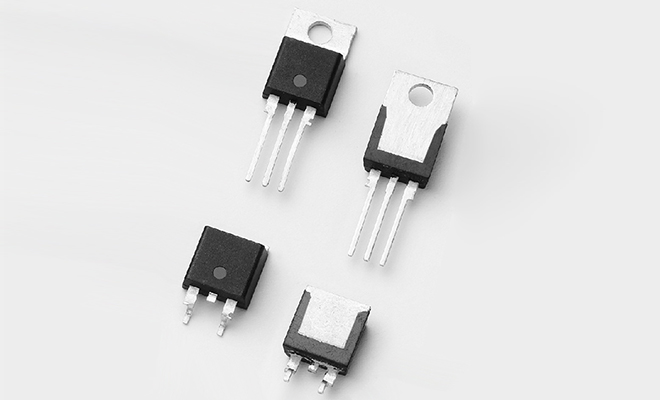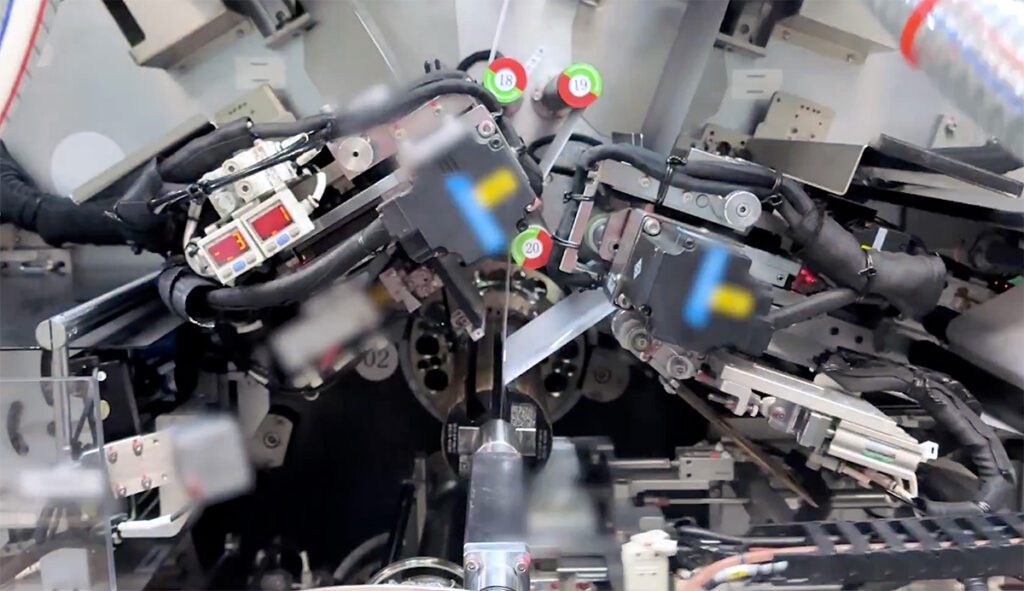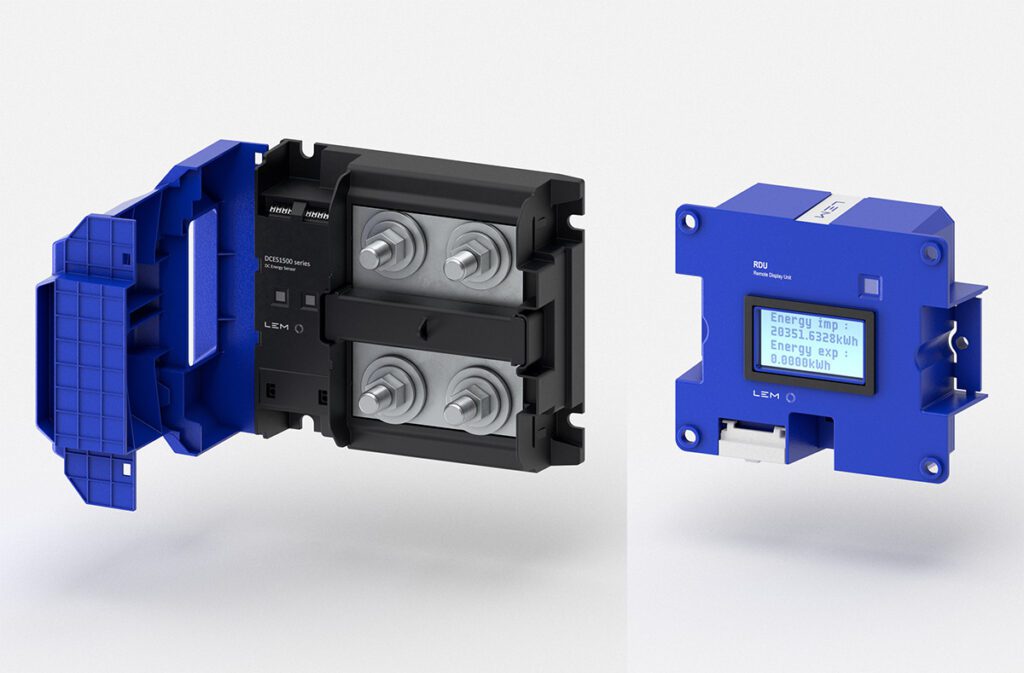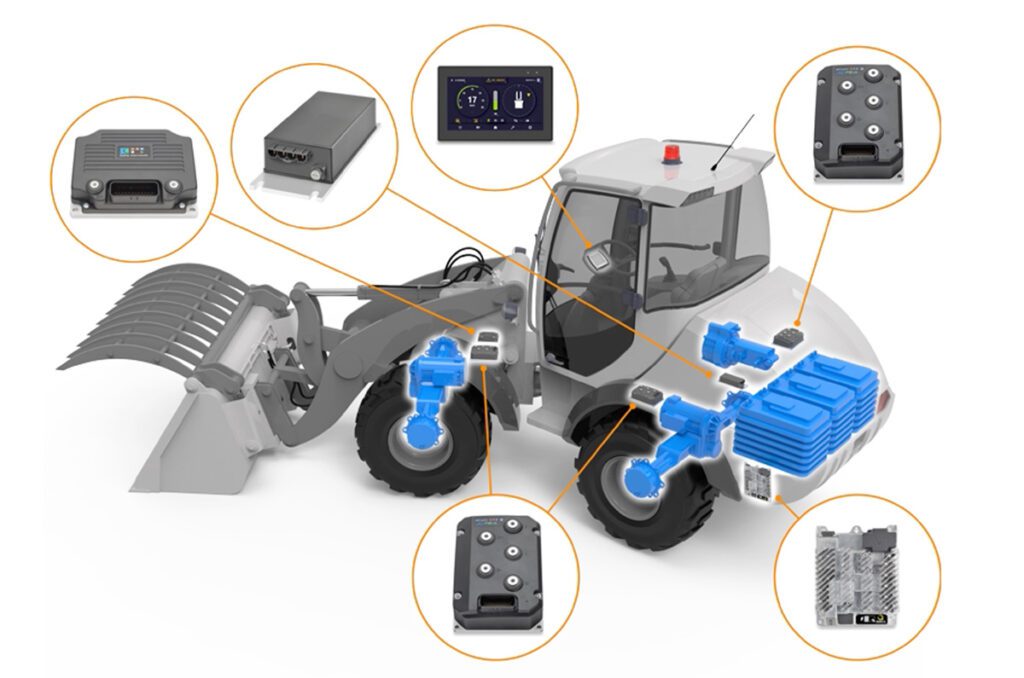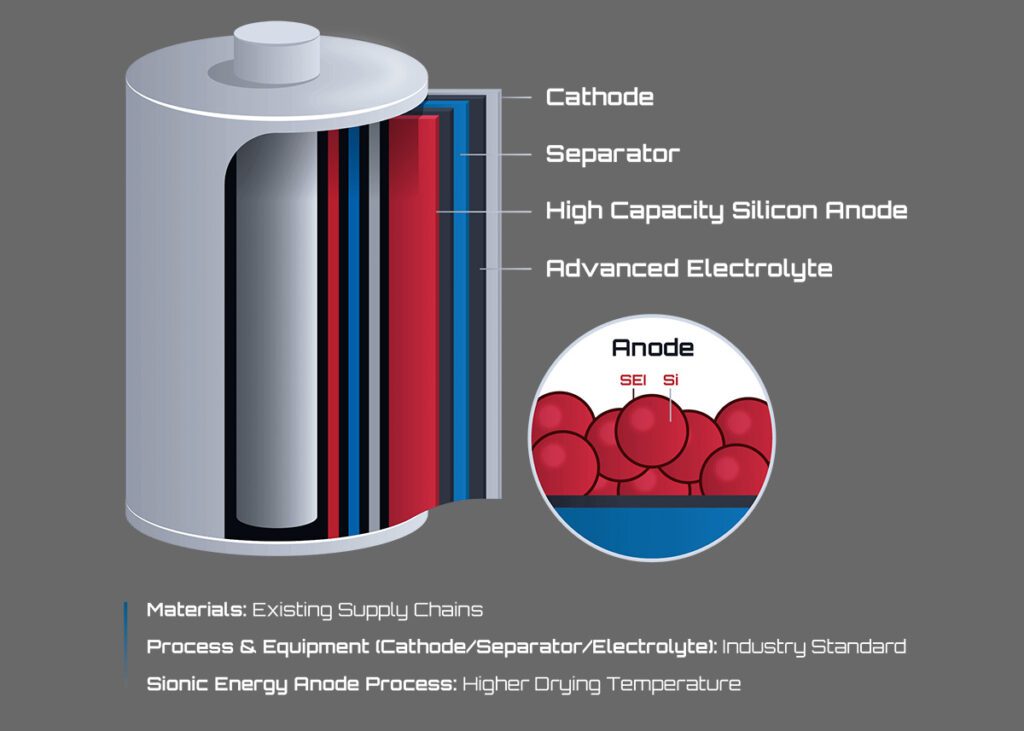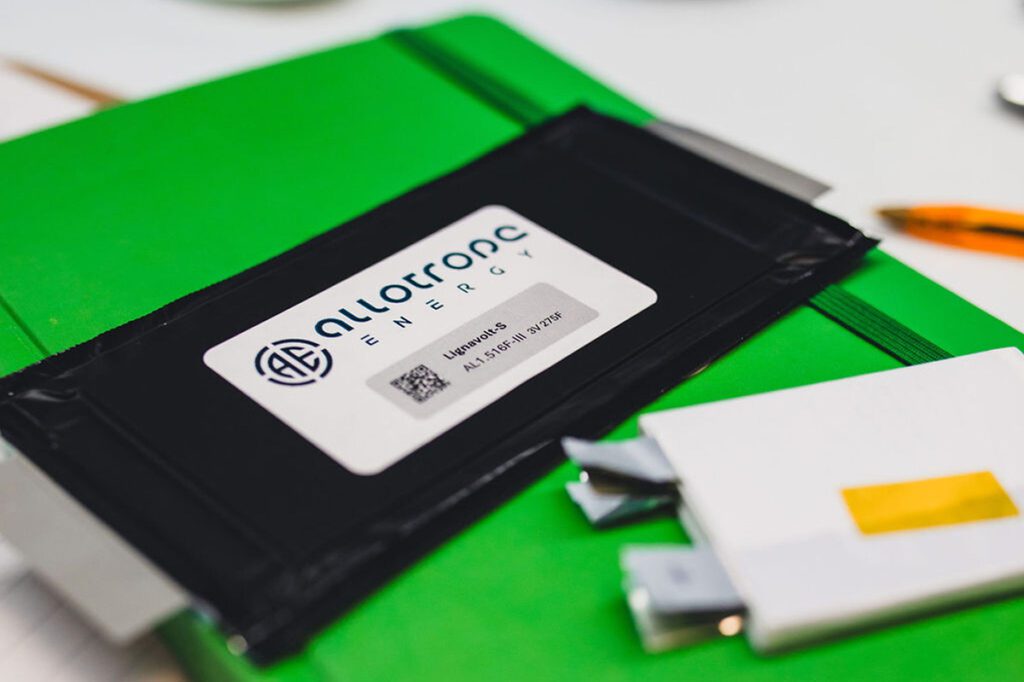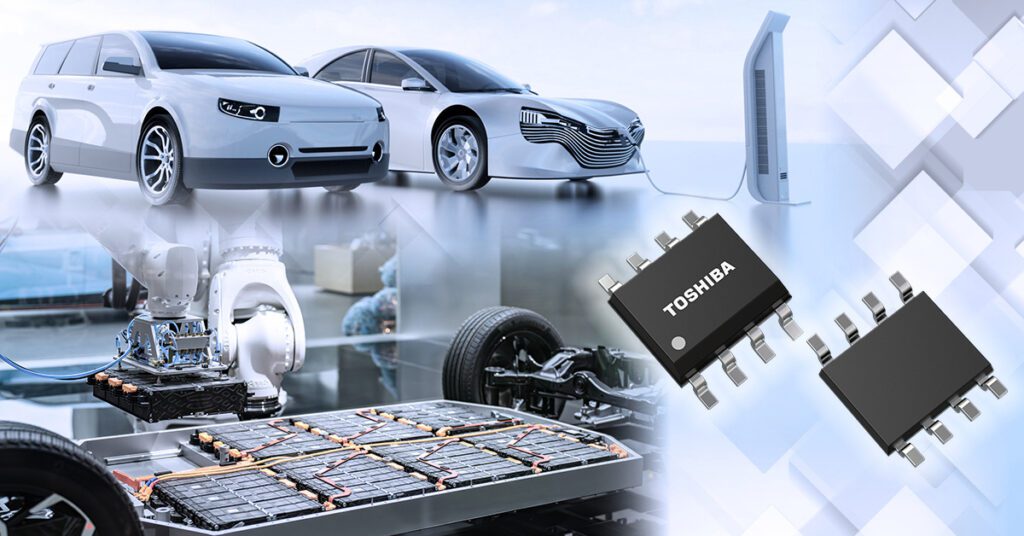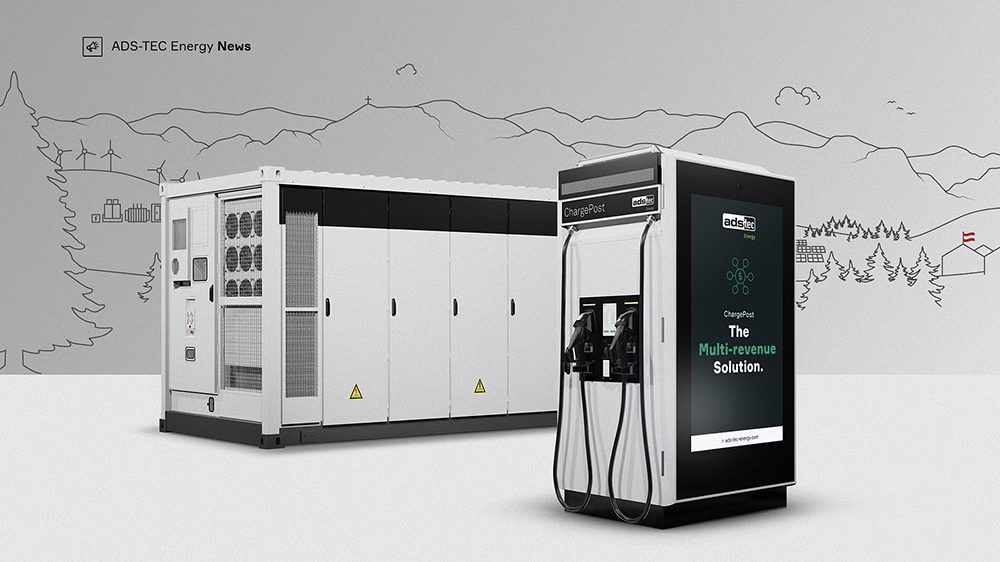Circuit protection specialist Littelfuse has introduced a series of 16 A silicon-controlled rectifier (SCR) switching thyristors developed especially for EV on-board charge (EVOBC) applications.
Littelfuse’s S8016xA Series thyristors are designed to offer excellent AC handling capability and surge robustness, allowing them to handle Level 1 charging up to 16 ARMS at 120 V, and Level 2 charging up to 16 ARMS at 240 V at 100° C and up to 25 ARMS at 80° C.
According to Littelfuse, its S8016xA Series is the first line of SCR switching thyristors capable of handling such high current levels in TO-220R and TO-263 packages that are also AEC-Q101-qualified and capable of supporting the Production Part Approval Process (PPAP).
Typical applications are input rectification of AC line inputs for on-board and off-board EV chargers.
With a maximum repetitive off-stage voltage of 800 V, the S8016xA Series can handle AC inputs of up to 250 VRMS. With a high peak non-repetitive blocking voltage (VDSM) of 1,300 V and a non-repetitive peak surge current (IPP) of 2,400 A, they can survive a 6 kV surge when used with an automotive-qualified metal oxide varistor such as the Littelfuse AUMOV Series.
“The compact TO-220R and TO-263 packages in which S8016xA Series SCR switching thyristors are provided help circuit designers minimize the size of their charging circuitry,” said Koichiro Yoshimoto, Business Development Manager for the Littelfuse product line. “As AEC-Q101 qualified devices that are capable of supporting PPAP, they’re ideal for use in EVOBC applications.”
Source: Littelfuse







